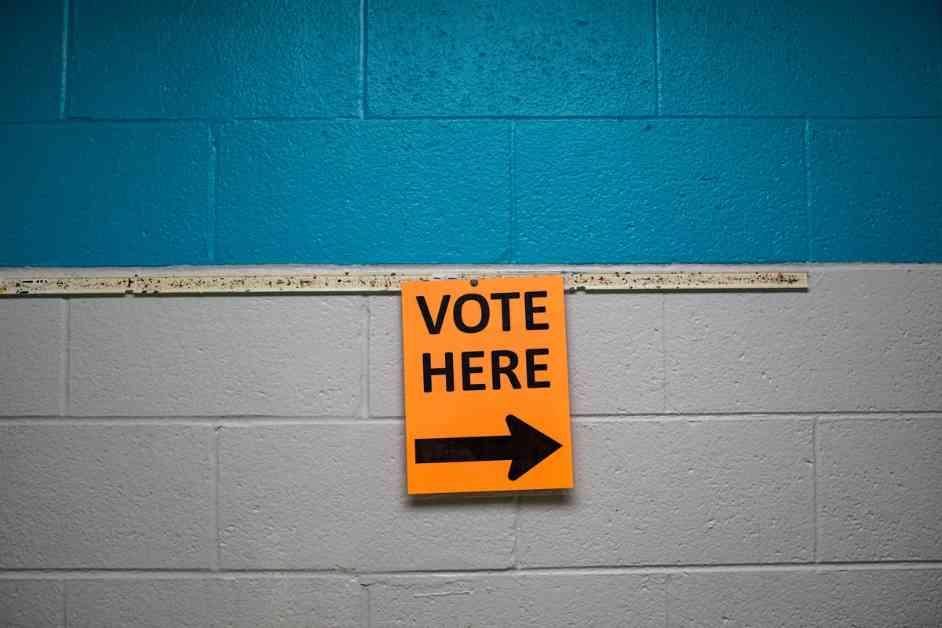Less than a week away from Election Day, the polls are indicating a tight race between U.S. presidential candidates Kamala Harris and Donald Trump, leaving many anxious about the outcome. David Karpf, a researcher at George Washington University, acknowledges the high stakes of the election but notes that polls can only predict that the race will be a close one.
Polls have long been a crucial part of election coverage and analysis in the U.S., shaping news stories and campaign strategies, and influencing donors and voters. However, the reliability of polls has been called into question in recent years.
Respondent rates to polls have been steadily declining, creating challenges for pollsters in obtaining accurate data. The shift from landline telephones to mobile phones and the rise of caller ID and spam messages have made it difficult for pollsters to reach a diverse and representative sample of the population. This low response rate can lead to biased results and inaccurate predictions.
To compensate for these challenges, pollsters have turned to complex modeling techniques to adjust their data and make it more representative. However, these models are based on assumptions that may not always hold true, leading to potential inaccuracies in the results.
The 2016 and 2020 elections highlighted some of the shortcomings of polling methods, with polls underestimating Trump’s support in both cases. In an attempt to avoid similar mistakes in the future, pollsters are exploring new techniques such as recall-vote weighting, which adjusts the data based on who respondents say they voted for in the previous election. While this method may help align polling data with past election results, it still has limitations and may not fully capture the diversity of the electorate.
Polling aggregators, which combine data from multiple polls to create election simulations, have also faced criticism for their forecasting methods. The unpredictability of elections and the close margins between candidates make it challenging to accurately predict the outcome based on polling data alone.
As the election approaches, the uncertainty surrounding polling results has added to the anxiety and tension of the political climate. Pollsters and experts alike advise caution in relying too heavily on polls and recommend focusing on self-care and avoiding excessive exposure to media coverage.
In conclusion, the decline in polling accuracy presents a significant challenge for the upcoming election. While pollsters are working to improve their methods and data collection techniques, the inherent uncertainties of polling make it difficult to predict the outcome with full confidence. As Election Day approaches, the best course of action may be to stay informed but maintain a healthy level of skepticism and perspective on the polling data available.




